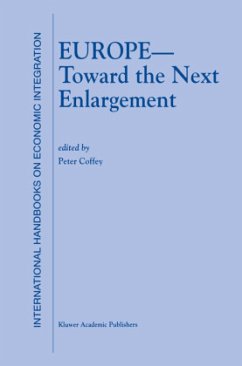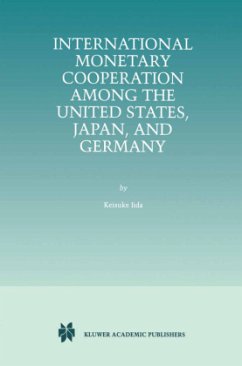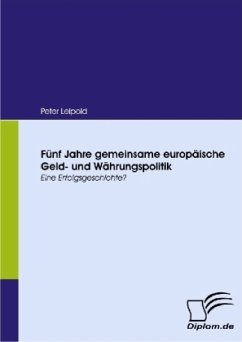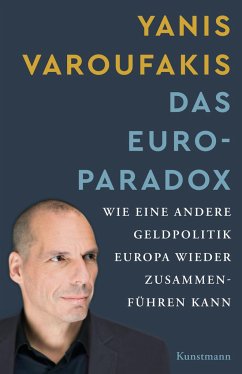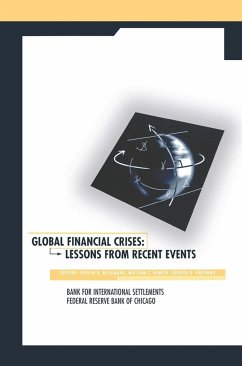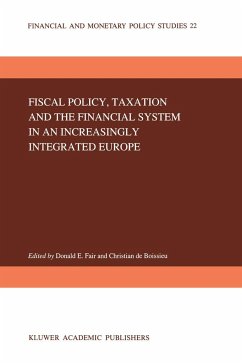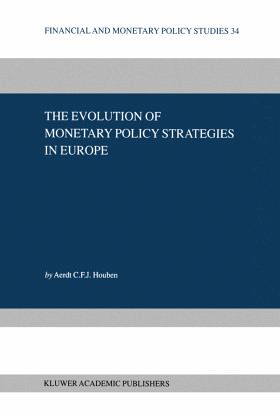
The Evolution of Monetary Policy Strategies in Europe
Versandkostenfrei!
Versandfertig in 6-10 Tagen
75,99 €
inkl. MwSt.
Weitere Ausgaben:

PAYBACK Punkte
38 °P sammeln!
Europe has a rich monetary history. Until recently, its many central banks assigned divergent priorities and pursued policy objectives via different routes. As a result, Europe's past provides fertile ground for those seeking practical guidance to the art ofcentral banking. The importance of this past gained a new dimension with the prospect of Economic and Monetary Union in 1999, as the participating countries were faced with the challenge of bridging their differences and forging a common monetary policy strategy that would apply throughout the new currency area. At the same time, these coun...
Europe has a rich monetary history. Until recently, its many central banks assigned divergent priorities and pursued policy objectives via different routes. As a result, Europe's past provides fertile ground for those seeking practical guidance to the art ofcentral banking. The importance of this past gained a new dimension with the prospect of Economic and Monetary Union in 1999, as the participating countries were faced with the challenge of bridging their differences and forging a common monetary policy strategy that would apply throughout the new currency area. At the same time, these countries sought to build forth on the theretofore most successful central bank strategies, thereby maintaining a certain degree of policy continuity. Monetary policy strategy is at the core of central banking. This strategy determines how incoming information on economic developments is translated into monetary policy actions and how these policy actions are communicated to the public at large.In other words, the strategy fulfils the dual role ofimposing a structure on the internal policy-making process and ofproviding a vehicle for the external communication of this process. The design of a monetary policy strategy thus brings together key elements such as consistency and transparency - that together determine the effectiveness and credibility ofmonetary policy.





